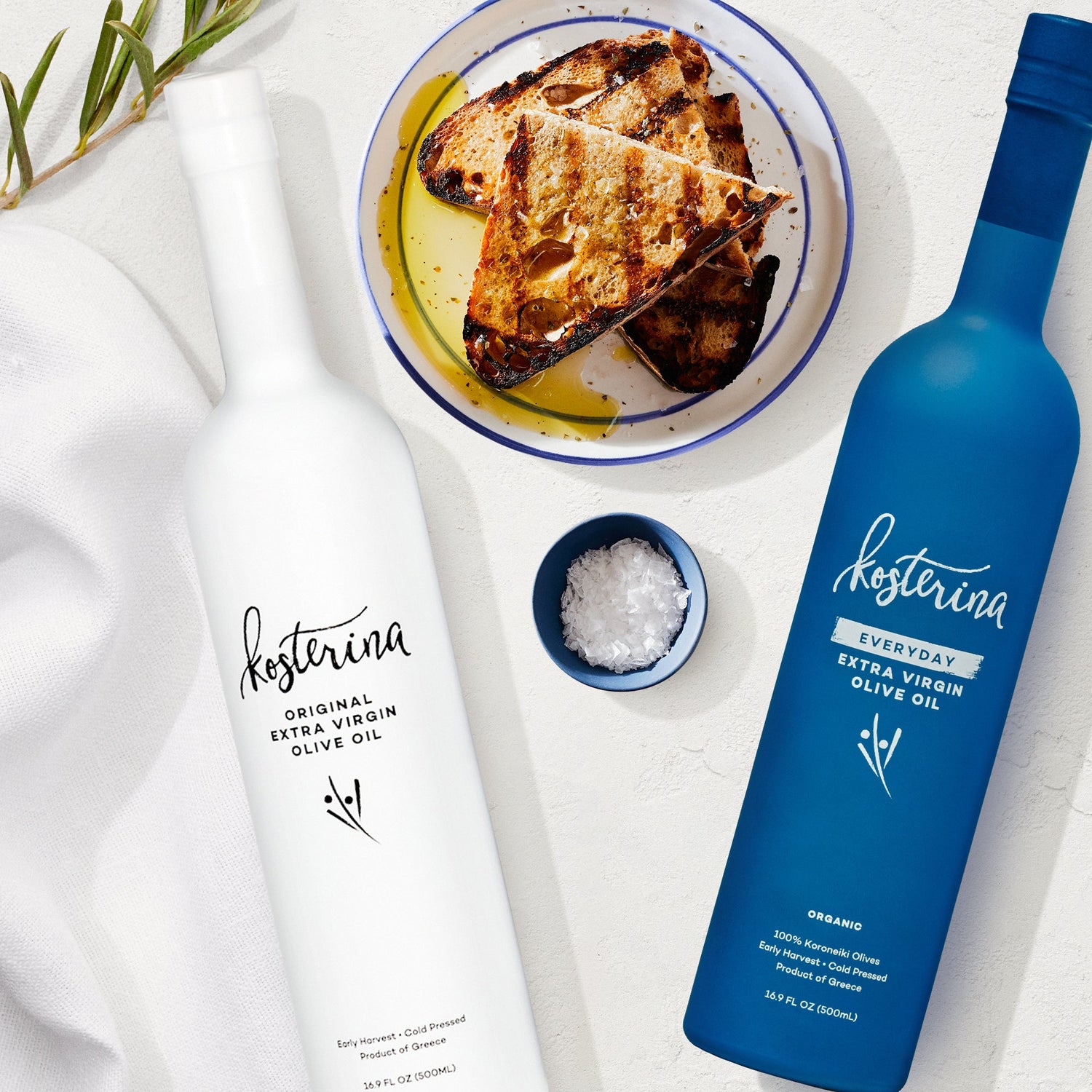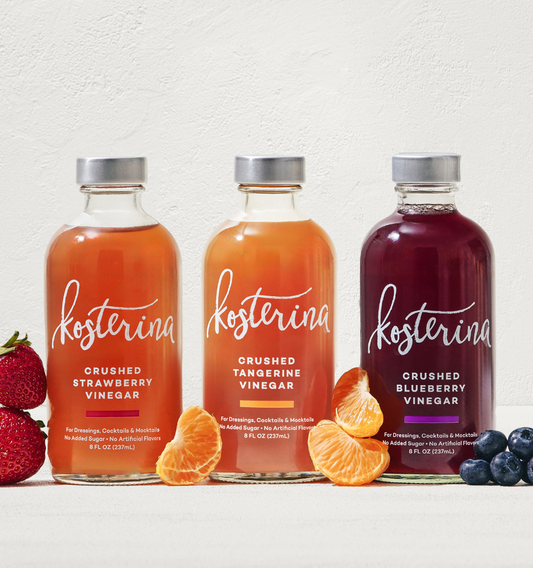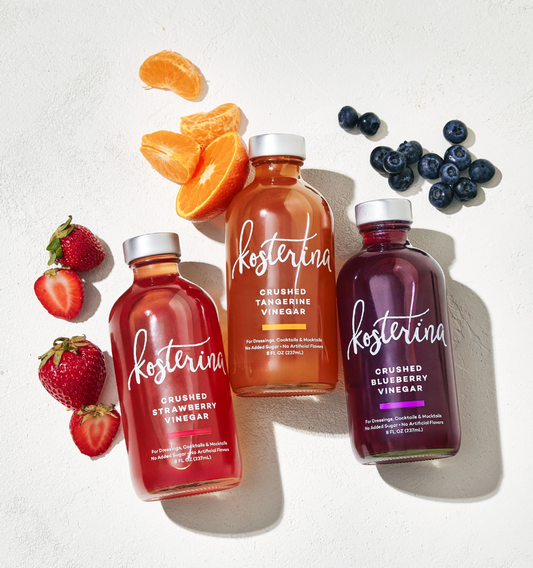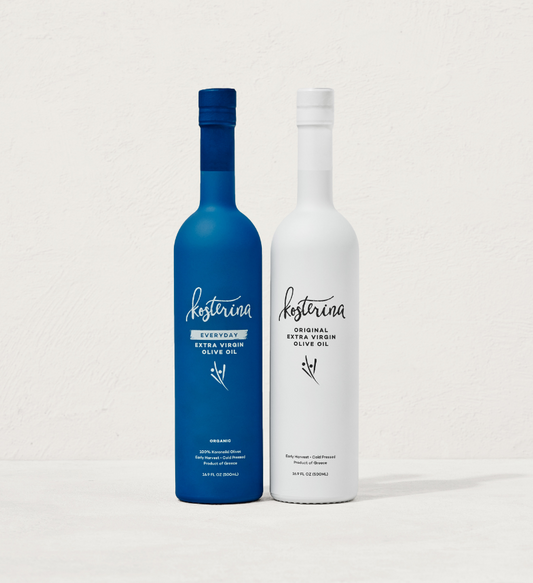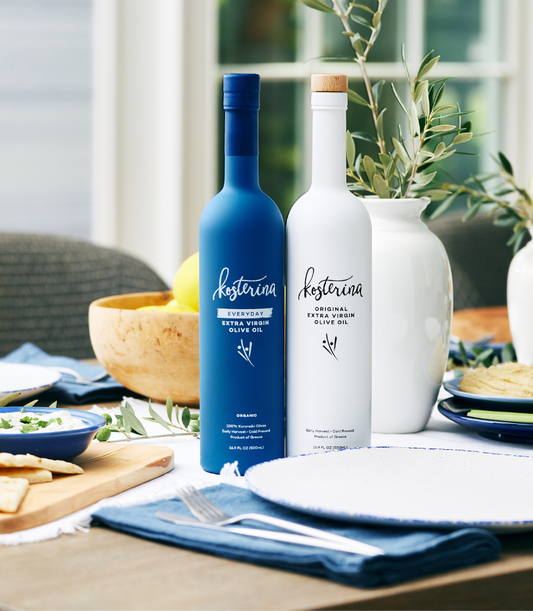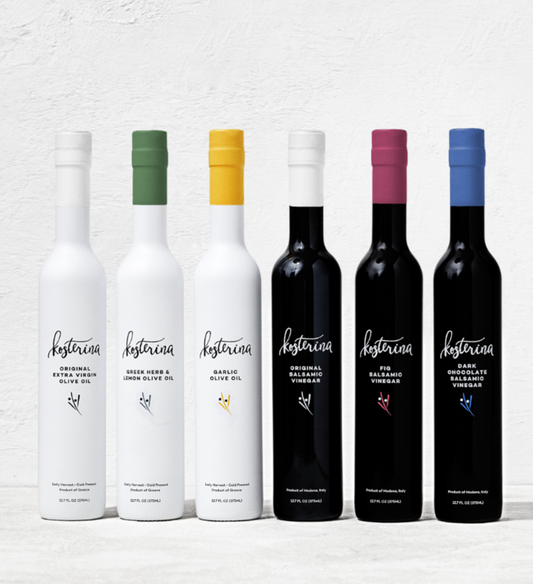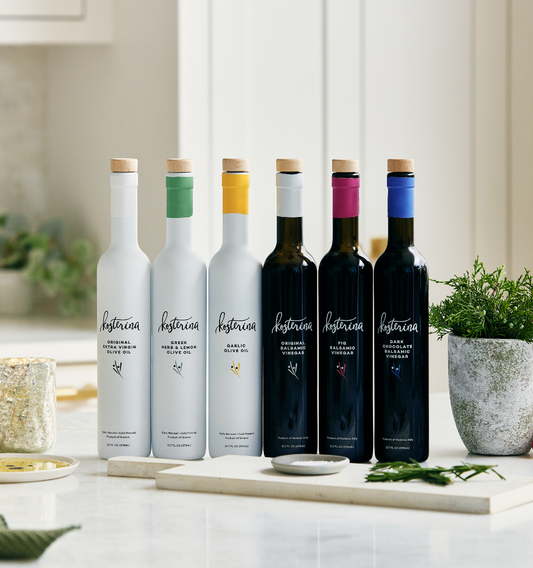Dear Kosterina Family,
Princess Kate Middleton's cancer diagnosis serves as a sobering reminder that this disease can affect anyone, regardless of age, status, or lifestyle choices. This devastating update really hits hard since she is known for her dedication to healthy habits and an active lifestyle - but it underscores the importance of a focus on healthy lifestyle choices, regular screenings and early detection.
We are not equipped to share medical advice but we have been reading up on what we can do proactively to protect our health and prevent disease and we want to share some resources with you. A great resource we’ve looked to for health and longevity information is Dr. Peter Attia’s book Outlive. There is a chapter called “The Runaway Cell” that addresses cancer treatments and prevention. Dr. Attia writes in Outlive that “(Cancer) is one of the hardest diseases to prevent. The only modifiable risks that really stand out in the data are smoking, insulin resistance, and obesity (all to be avoided)...”
So how do we avoid insulin resistance and obesity? Well, it’s not an earth-shattering answer. It all comes down to diet and exercise. Some proactive steps to reduce your risk:
Eat Clean, Avoid Inflammatory Foods & Add in Disease-Fighting Foods. Health science all points to eating whole foods and avoiding ultra-processed foods. According to Dr. William Li, the author of Eat to Beat Disease, repeated tests have shown that an abundance of fruits, herbs, vegetables, and spices, - including berries, grapes, soybeans, garlic, and parsley, inhibit angiogenesis by over 60%. In other words, these types of foods can block blood vessel growth and thereby prevent cancerous cells from developing into cancers. More than one hundred foods can enhance your body’s ability to starve cancer and keep those tumors small and harmless, among them soy, tomatoes, black raspberries, pomegranate, and even some surprising ones like beer and cheese.
Exercise regularly and be thoughtful about your training plan. Dr. Attia writes “There are reams of data supporting the notion that even a fairly minimal amount of exercise can lengthen your life by several years. It delays the onset of chronic diseases, pretty much across the board, but it is also amazingly effective at extending and improving healthspan.” The next question that comes up is always – cardio or strength training? The answer is yes. Both.
Early Screening. Dr. Peter Attia also writes, “The final and perhaps most important tool in our anticancer arsenal is early, aggressive screening.” If the first rule of cancer is ‘Don’t get cancer’ the second rule is ‘Catch it as soon as possible’. Some proactive testing options include:
Functional medicine is an approach to health that is proactive. Here are Kosterina, we are big fans of Parsley Health for testing, proactive blood testing and nutritional guidance from experts. Another amazing new option is Function Health where you can get your blood work done twice annually for about $500 and also have access to cancer screening blood tests for an additional charge. These are ways to empower yourself and become the CEO of your (and your family’s) health.
You can also consider a Prenuvo Scan. Prenuvo is a full body MRI scan that can identify early cancers during stage 1 when you have the best chance of survival through treatment. While expensive and likely cost-prohibitive for most, it is the most accurate in its field. The full body MRI is criticized for creating false positives that require investigation. There are many individuals who might feel that it is better not to start digging but I would prefer to find something now so I can actually do something about it. Early detection is so important for survival. I recently had a full body Prenuvo scan and will share my experience and results in a subsequent post.
The data shows that cancer is becoming more prevalent among younger humans, but why? Unfortunately, there is not enough research on this yet but it is likely a combination of diet, environmental exposure, lifestyle habits, gut microbiome health, and genetics. Our bodies are resilient and can defend themselves but at the end of the day we need to give it our all and do more preventatively.
As a fellow mother of three, Kate’s diagnosis has made me reflect on how important our health is – both for ourselves and our families. Our approach has been stay informed, stay proactive, and prioritize your health to reduce your risks of developing disease.
Peace, Love, and EVOO,
Katina & The Kosterina Team
